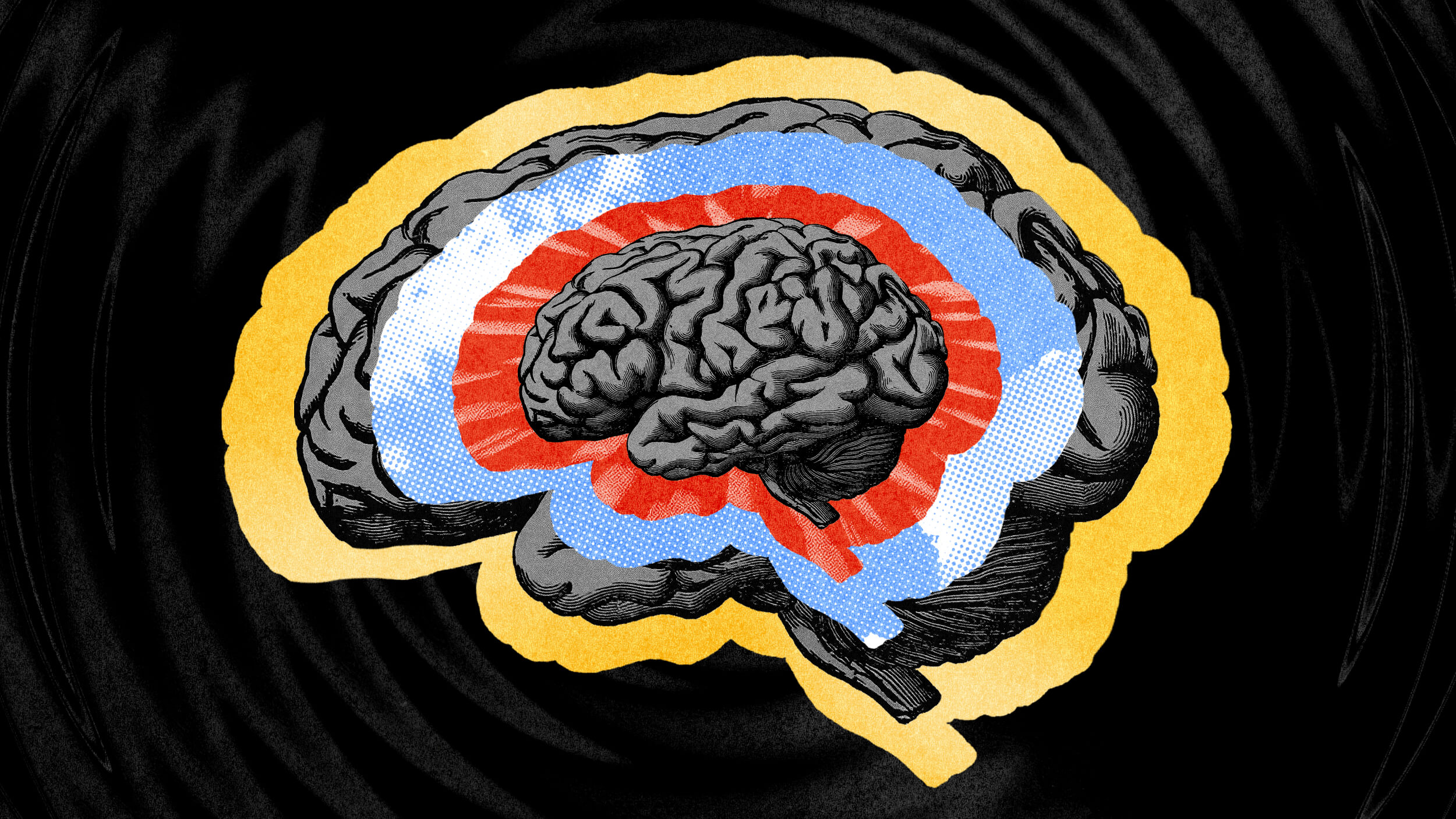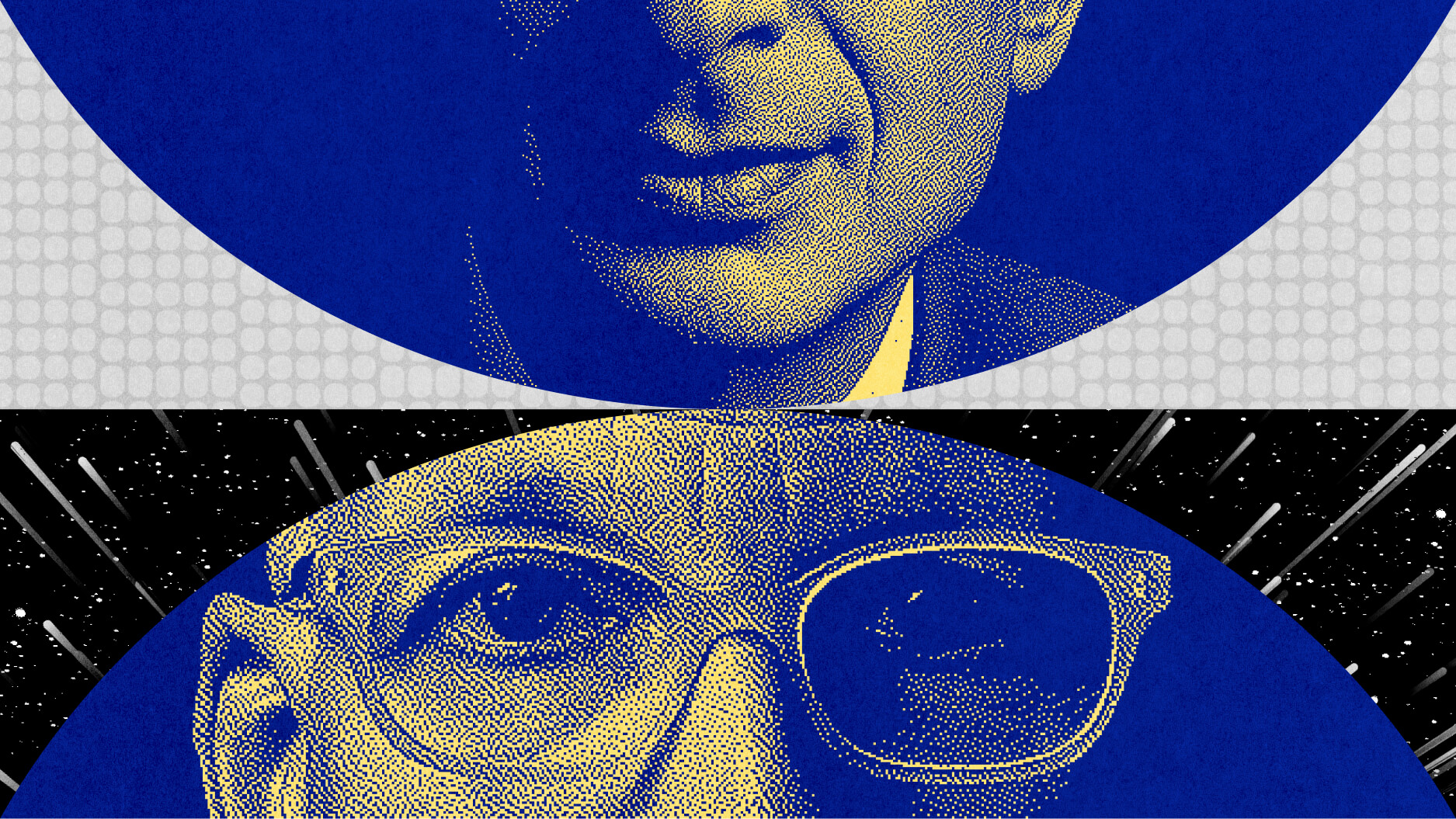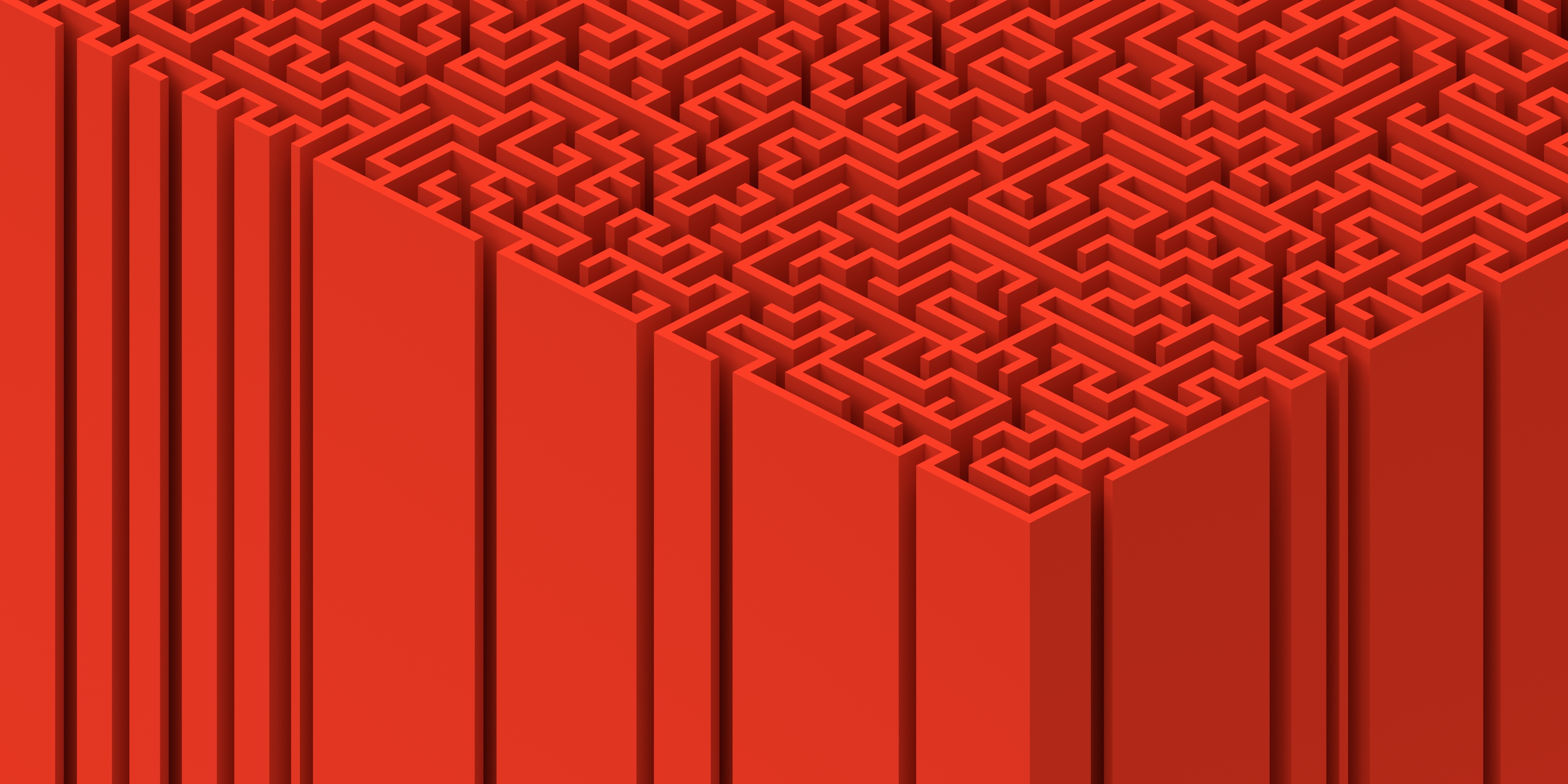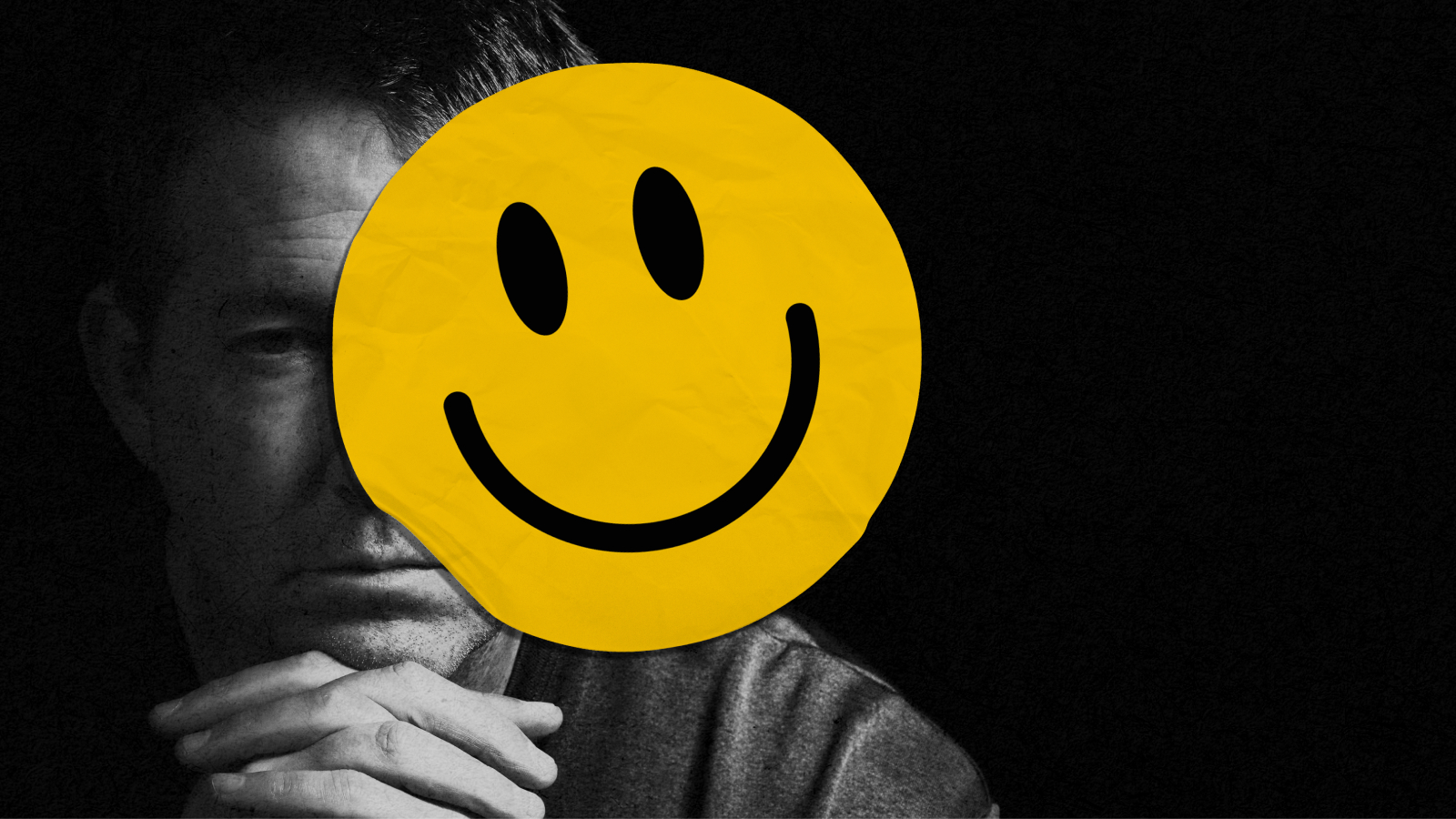Sign up for the Smarter Faster newsletter
A weekly newsletter featuring the biggest ideas from the smartest people
Author Tiago Forte believes that in today’s digital age, people need a second brain to manage their knowledge. In other words, we need a personal system for collecting, organizing, and retrieving information from both physical and digital environments.
Although many people spend hours of their day on digital knowledge work, most are not getting better at managing their information. Instead, they’re becoming increasingly overwhelmed. Forte suggests approaching knowledge work with a process that can be improved upon, through the concept of divergence and convergence.
In practice, this means considering many options and then eliminating them, followed by creative and productive work. To maintain peace of mind, it’s important to have multiple projects going on at once, which a second brain can help with by storing all projects in a concrete medium, freeing your memory.
TIAGO FORTE: My message to you is that you need a second brain. A second brain is a personal system for knowledge management. What is knowledge management? It's note taking. It's saving little bits of material and content and information from both your physical environment, but more importantly, your digital environment, to cultivate and retrieve and review it over time. But there's something funny I've always noticed about knowledge work which is we don't have a culture of systematic improvement. If you do any kind of skilled manual trade, you know the skills that you have to acquire to get better. But when it comes to digital knowledge work, it's so abstract, it's so conceptual. Are you really getting better at managing your calendar? Are you getting better at taking notes? Isn't that how we're spending most of our time, most of our days, and yet for most people, I don't think we're getting better at those things at all. In fact, we're just getting more and more overwhelmed over time. So in a way, we're getting worse and worse over time.
Really, what we're looking for is bringing knowledge work down to a process that anyone can understand and therefore improve. There's another idea that I want to introduce you to which is divergence and convergence. Any creative work can really be boiled down into just two stages. They're kind of like a pendulum. They swing back and forth, back and forth. The first stage is divergence. The reason we use the word divergence is the number of options that you are considering, that you are thinking about, that you're looking at is diverging from the starting point. Let's say you're starting a project to put on a conference. You're gonna organize and host a conference for your industry. Where you wanna start is with divergence by considering many different possibilities. You want to think about different venues. You wanna look at what other kinds of events have done. You want to consider different agendas, different formats for breakout sessions. You want to really expose yourself, kind of open yourself up to the universe of possibilities that exist so that you can find the best. But divergence is really only half of the equation.
There's another part, another step that is just as important, which is convergence. If you want this project, or in this case, this event to actually happen, you have to at some point or another start converging. You start eliminating options. You start cutting off certain pathways. The reason this is important is you really want to know, in any given moment, in any given day, which mode you're in. If today is a divergent day or this work session or this hour or this minute is a divergent minute, you should open up the doors and windows, put on loud, crazy music, get exposure to as many different diverse ideas as you can. That is what divergence is all about. But the moment you decide, okay, I've collected enough, close the windows, close the doors, put on your noise canceling headphones and just drive toward the final outcome.
That is what it means to be both creative and productive. Divergence, followed by convergence, and then back and forth, back and forth until you finally arrive where you're going. There's one more piece of advice that I have for divergence and convergence which is you wanna have many things going on at once. We live in a time of so much uncertainty, so much uncertainty at all levels of society that often, if you're only doing one thing, you have one focus, say one project, and that project gets stuck. If that's the only thing that you have going on, well you you are stuck. We have to have multiple things going on, whether it's relationships, whether it's business endeavors, whether it's side gigs because we have no idea what's gonna pan out. Now, how do you have many things going on, many projects, many gigs, and still have some peace of mind? To me, that's what a second brain is. It's almost like I have all my different projects and goals on pause, on safe, and I can just pivot from one to the other. And the reason that I can just let one go and move to something else is it's preserved exactly how it is in a concrete medium outside my head. So essentially, a second brain can allow you to push forward on multiple different fronts, have many bets going on all at the same time, and still have the peace of mind that you don't have to keep track of all these different things going on using your fragile memory.







